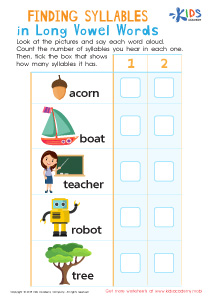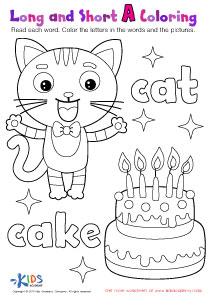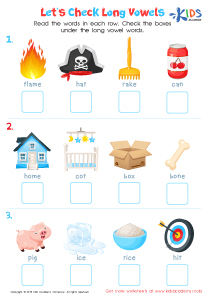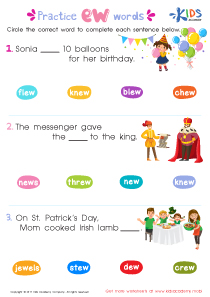Normal Vowel Team Worksheets for Ages 3-4
4 filtered results
-
From - To
Introducing our captivating Normal Vowel Team worksheets, meticulously crafted for the curious minds of children Ages 3-4. Engage your little learners with a collection designed to illuminate the enchanting world of vowel teams through fun, interactive activities. Each worksheet gently introduces the concept of vowel pairs working together to create unique sounds, laying the foundation for early reading skills. With vibrant illustrations and age-appropriate challenges, our Normal Vowel Team worksheets promise to turn learning into an adventure, sparking joy and curiosity in young scholars. Perfect for preschoolers, this set is your go-to resource for fostering foundational literacy in a delightful and meaningful way.
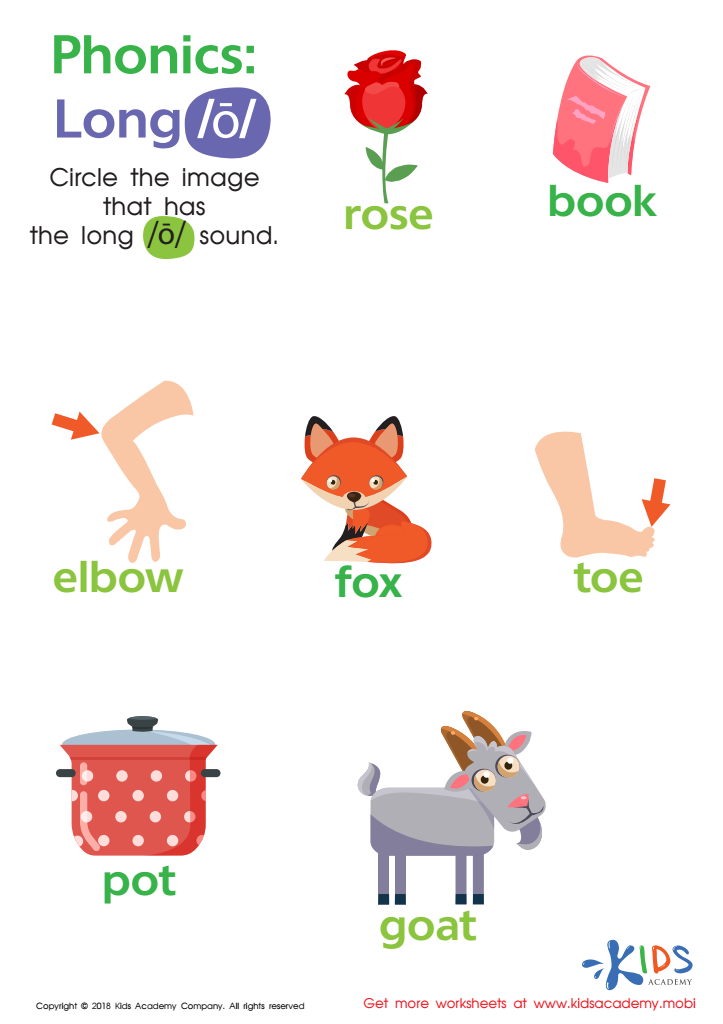

Phonics Long O Reading Worksheet
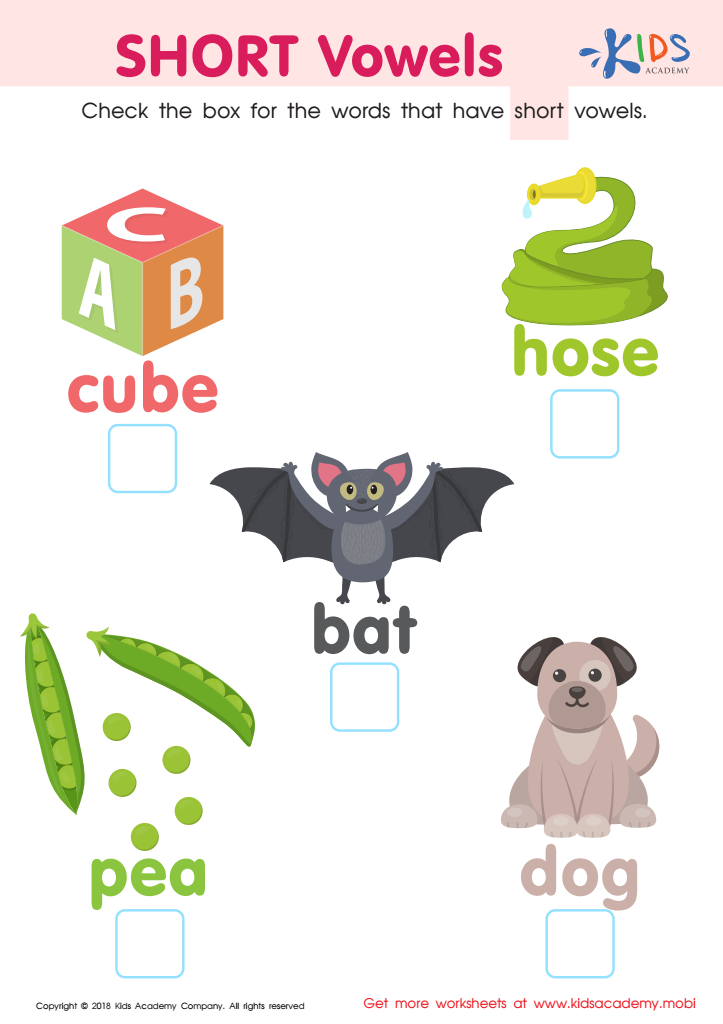

short vowels Worksheet
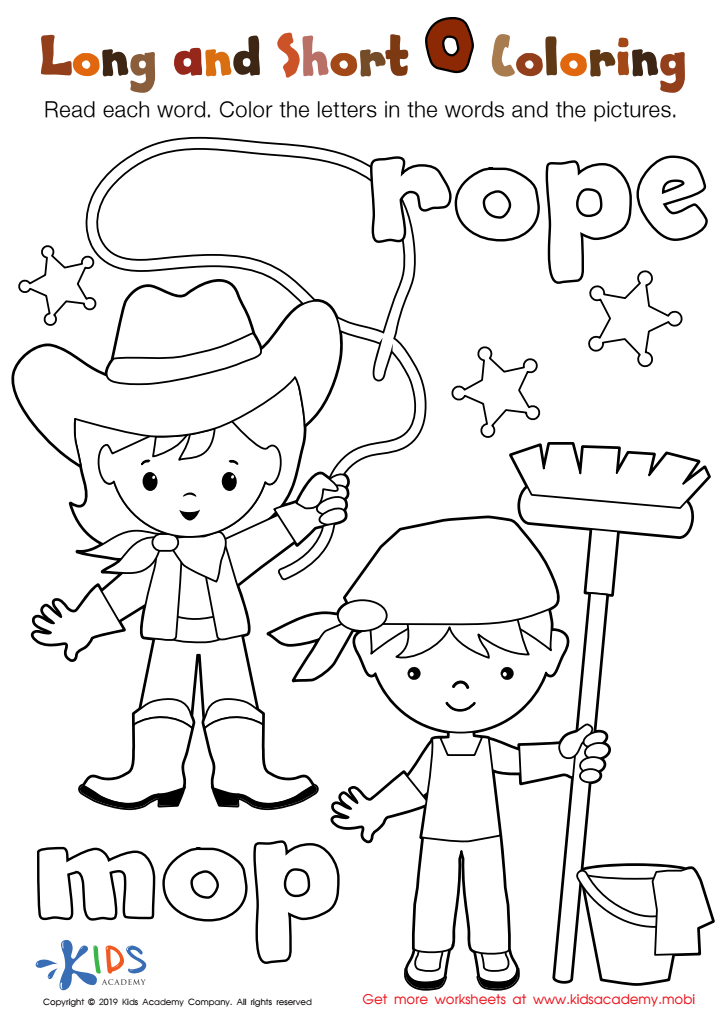

Long and Short O Worksheet


Long and Short E Worksheet
Normal Vowel Team worksheets for Ages 3-4 are an incredibly valuable resource for early childhood education. At this pivotal age, children are just beginning to grasp the fundamentals of reading and writing, making it the perfect time to introduce them to the concept of vowel teams. These worksheets are specifically designed to cater to the learning capabilities and interests of 3- to 4-year-olds, ensuring that the content is engaging and accessible.
Using Normal Vowel Team worksheets helps young learners understand that sometimes two vowels work together in a word to make a single sound, such as the "ea" in "team" or the "oi" in "boil." This foundational knowledge is crucial for developing reading fluency and decoding skills. Through a variety of fun and interactive activities, children learn to recognize, pronounce, and use vowel teams correctly, all while enhancing their vocabulary.
Furthermore, these worksheets are crafted to promote critical thinking and problem-solving skills. By encouraging children to identify patterns and relationships between letters and sounds, they lay the groundwork for more complex phonetic concepts. For parents and educators, Normal Vowel Team worksheets for Ages 3-4 provide a structured yet flexible tool for guiding young learners through the early stages of literacy in a way that’s both effective and enjoyable.
 Assign to the classroom
Assign to the classroom

